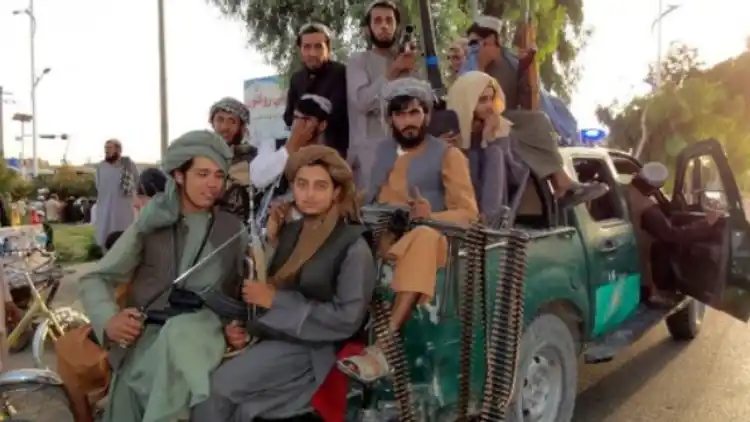
New Delhi
Afghanistan’s most influential media house owner Saad Mohseni has said that the ISIS are right there in Kabul, working as Taliban fighters and also have infiltrated in the Institutions of his country.
ALSO READ: Doval-led BRICS NSAs' meet drafts counter-terrorism plan
This comes at a time when international experts are saying that the identities of the Taliban and the ISIS or Daesh are mixed up. “Many Talibs are also part of the ISIS,” Mohseni said.
Indian experts believe that Pakistan has access to the Taliban and enjoys leverage with the forces that it had helped to be raised against the Soviet invasion, has started playing its games.
ALSO READ: Afghan women teachers assert girls' right to education
The primary task of this force is to targets the assets created by India for the people of Afghanistan. Though the Taliban’s top leadership has given assurances that they will welcome India’s role in completing its unfinished projects and said they have no enmity towards Delhi, it has to be seen as to how they deal with Pakistan’s anti-India interests on the group in Afghanistan.
Also in his widely discussed paper, The Sun in the sky: The Relationship Between Pakistani ISI and Afghan insurgents, Matt Waldman, a noted international relations expert, writes, “According to Taliban commanders, the ISI orchestrates, sustains and strongly influences the movement. They say it gives sanctuary to both Taliban and Haqqani groups and provides huge support in terms of training, funding, munitions, and supplies. In their words, this is ‘as clear as the sun in the sky. Directly or indirectly, the ISI appears to exert significant influence on the strategic decision-making and field operations of the Taliban; and has an even greater sway over Haqqani insurgents.”
Over the last three decades, IS has viewed the Taliban as serving a significant purpose: a Taliban regime in Kabul would give the Pakistan military a free pass over territory that it has coveted for strategic depth in its enmity with India and also provide Pakistan with a free agency over the Afghan routes in Centra Asia.
